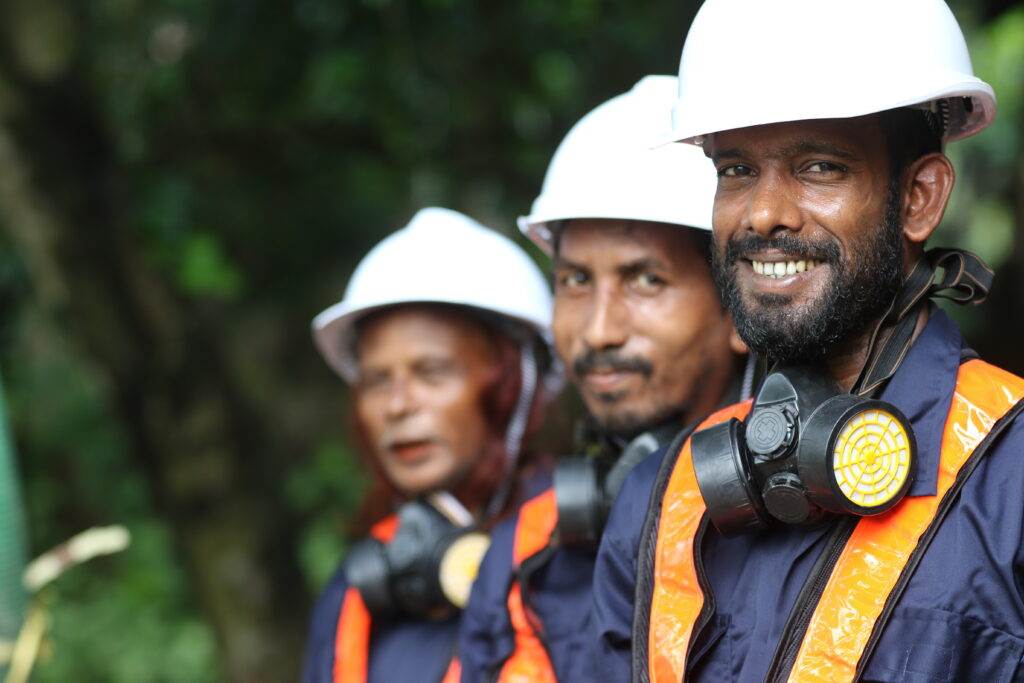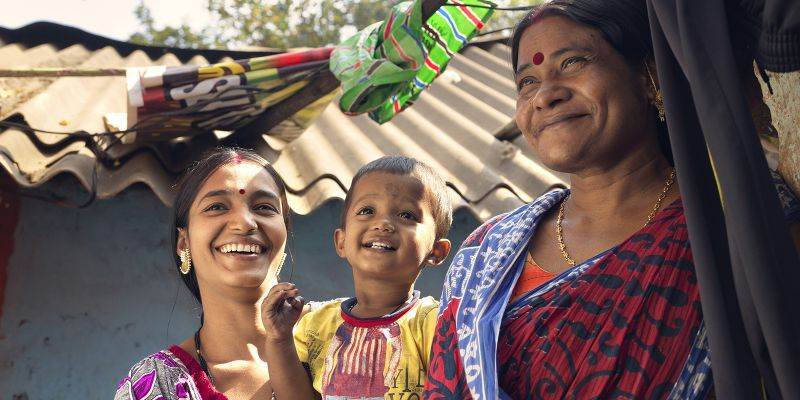Project Overview
Full title: Odisha State-Level Sanitation Partnership or Project Nirmal: Piloting appropriate and sustainable sanitation service delivery in two cities of Odisha, India.
Dates: November 2014 – December 2019
Location: Angul and Dhenkanal Municipalities of Odisha, India
Our role: Practical Action acted as ‘system changers’ contributing to city-wide sanitation improvements by demonstrating appropriate and sustainable service delivery.
Participants: Direct – Residents of the Dhenkanal and Angul municipalities (in particular those living in slum communities), and officials dealing with urban sanitation at state and municipality level. Indirect – the population living in the entire state of Odisha.
Project budget: US$2,076,542
Theme: WASH and waste management
Lead donors: Bill & Melinda Gates Foundation and Arghyam Foundation
Partners: Centre for Policy Research, Orissa State Volunteers and Social Workers Association (OSVSWA), Housing and Urban Development, Government of Odisha, and Municipalities of Angul and Dhenkanal.










